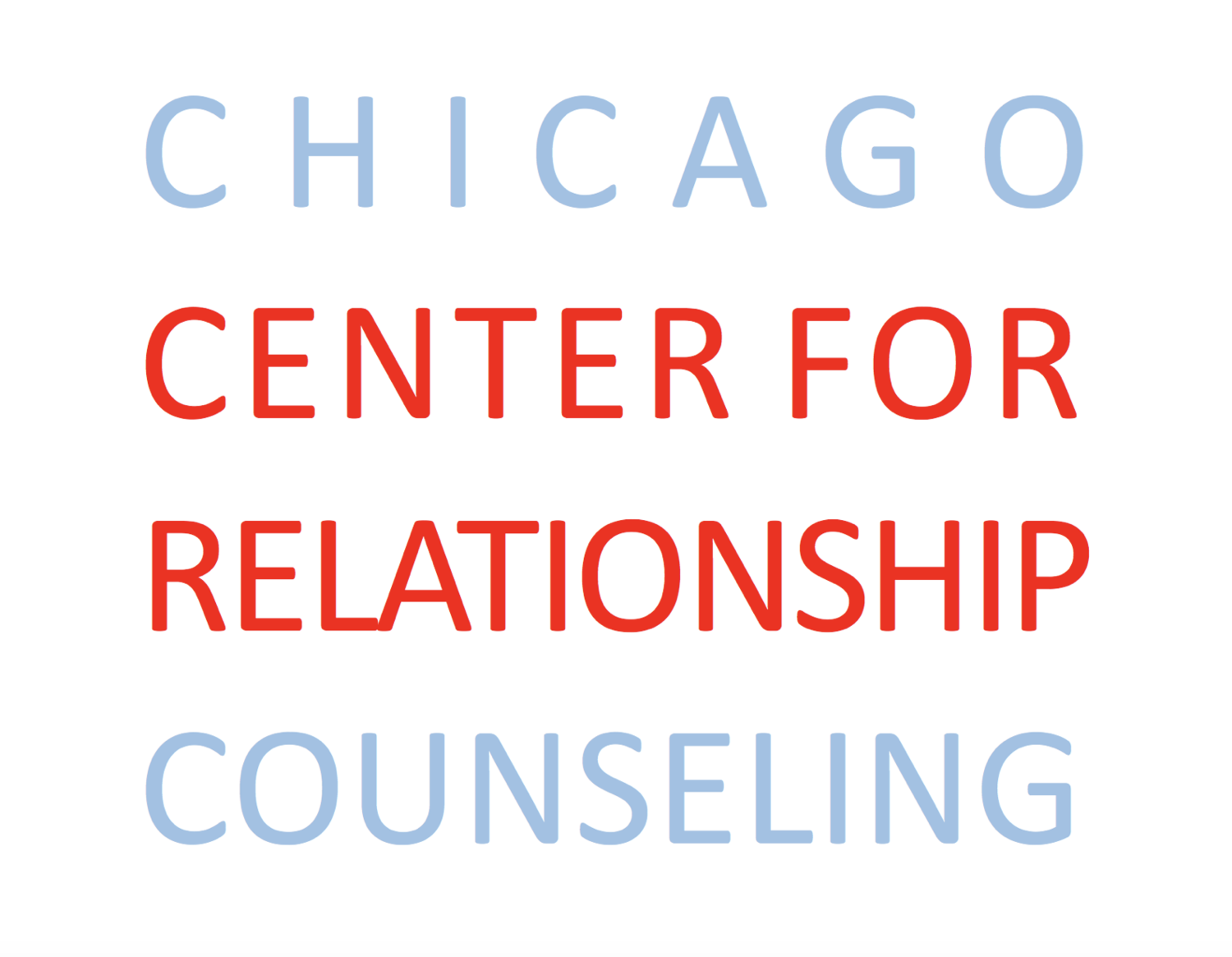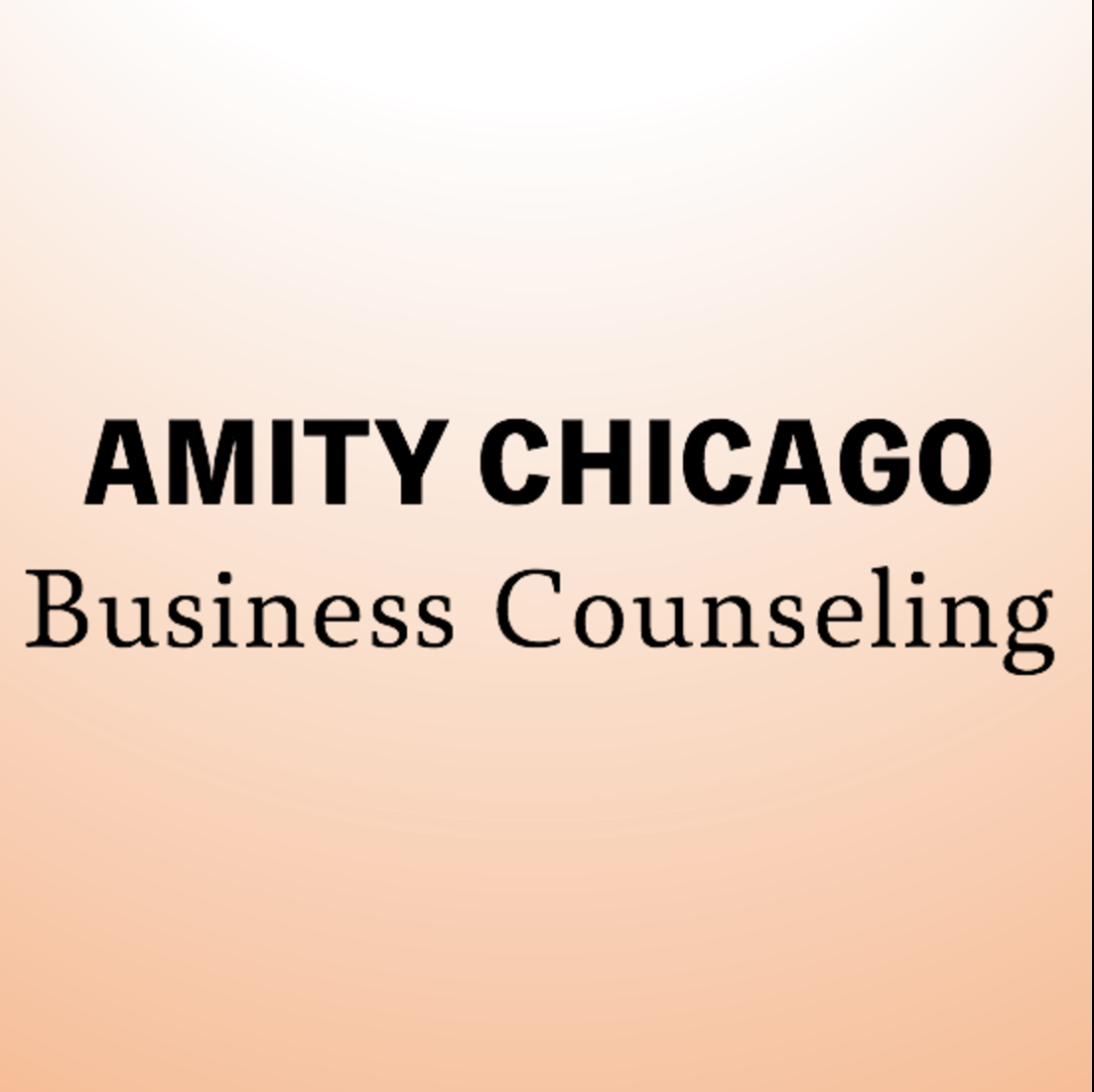NCRC is proud to periodically spotlight one of our staff therapists so as to give you a chance to get to know their unique qualities and interests. Today's spotlight is on Grace Norberg, LMFT.
1. Why did you decide to become a therapist?
When I was a teenager I was quite existential, and questioned, “Why am I here? What is my purpose?” The only good answer to those questions that I found is that life is only meaningful for me if I am helping others. At the time I was attending therapy due to my parents’ divorce, and saw that becoming a therapist was the perfect way for me to help others lead happier, more fulfilling lives and by proxy, myself.
2. What is your educational and professional background?
I attended Florida State University for undergrad and double majored in Psychology and Creative Writing. I have always loved stories- reading them, writing them, hearing them and making them up in my head. My love of stories is also a part of myself as a therapist.
After undergraduate I took a year off to figure out what type of therapist I wanted to be, and found Marriage and Family Therapy. It felt completely in line with my belief that connection is the most basic need of all humans. I went to Northwestern for the most intense two years of immersive therapy called the Masters in Marriage and Family Therapy Program, and came out first and foremost a better and more self-aware person, as well as a skilled relationship therapist.
3. Where do you see yourself professionally over time? Do you have any particular goals as a therapist?
I see myself expanding my practice to not only helping people within the therapy room, but also reaching greater numbers of people through social media, speaking engagements, and activism. When I first set out on this journey as a helping professional I thought I would be satisfied with just being a good therapist, but after recent experiences observing authors, politicians, podcast creators, yoga instructors and even Instagrammers, I am inspired to do more.
4. How do you think change happens?
To quote myself, “Change happens when one can no longer emotionally afford to stay the same.” I have seen time and again that the number one requirement for lasting change is a true desire to do so. Please read my latest blog on change at www.gracenorberg.com!
5. If you were not a therapist, what would be your occupation?
I would be a chef! I love watching cooking shows and even was interviewed to potentially be on Cooks vs. Cons. I’m vegan and have several cookbooks that I use to make delicious plant-based meals.
6. Do you have a favorite or relevant quote to your work?
“My life is better when I assume people are doing their best.” – Brene Brown in Rising Strong. I highly recommend this book! This quote helped me realize that when I start to feel victimized or that someone is a bad person, in reality that person is just doing the best they can with the resources they have currently. They are at a place in their journey where they are unable to see how they are hurting others, possibly because of their own past trauma. This doesn’t excuse their behavior, but lets me know that it is on me to set boundaries with them.
7. Do you have a favorite charity cause and why?
I support anything animal related! PAWS Chicago is my favorite charity because that is where I adopted my cat, Kitty. I volunteered there for a short time after my cat of 17 years passed away and was drawn to Kitty because she looked so much like my old cat. I also foster kittens for All 4 the Love of Cats, a nonprofit that houses abandoned and stray cats awaiting adoption in Petco and Petsmarts in the north suburbs.
8. Anything else you would like to add about yourself as a therapist or as an individual?
I want everyone to know that I am a human first, and a therapist second. These identities are strongly intertwined, but I want it to be known that I don’t always do or say the right thing, I’m not always kind and understanding, I get angry, sad and frustrated, I don’t have the perfect relationships with my friends, family and partner, etc. I’m still on my journey, and I will be for the rest of my life, and that’s what it’s all about!
Grace currently sees clients at our Ravenswood location.
She can be reached by phone at (786) 239-5280.
0 Likes







